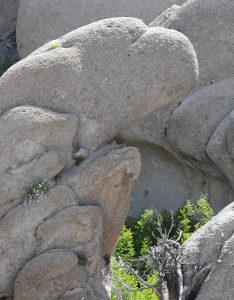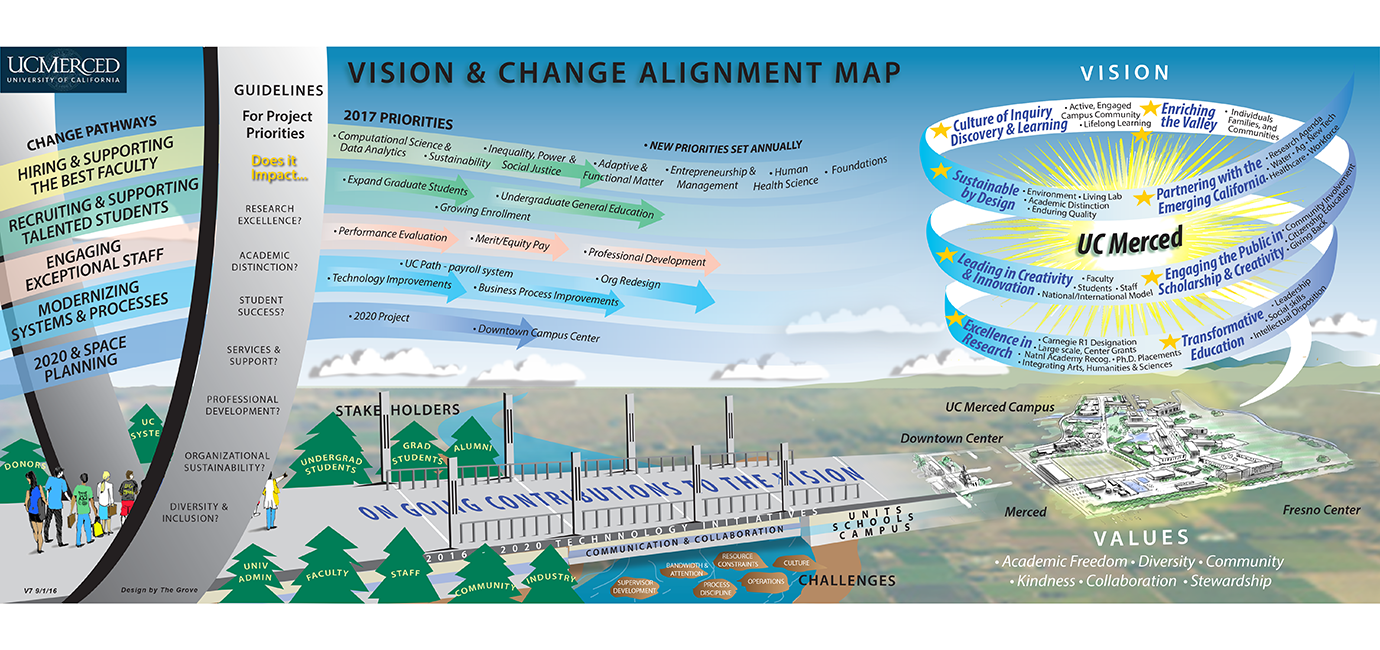Can We Pivot Toward Hope?
In politics a “pivot” is a turn in another direction. Lots of different turning is called “spinning.” When we stop spinning and begin to collectively listen and find common ground, it can birth a new story. And new stories can guide new decisions. And belief and energy in a new story is stirred by paying attention to what is actually happening, not from fitting what we see to our favorite filters, but from together saying “this is what is actually happening.” And then how long does it take for a new story to become a societally embraced turning? While my own mind hungers for some grounding and confidence, I know that now is the time for real questions. That is what this blog post will explore.

New Stories Coming Up
The idea that real change might be possible is already pushing up like the flowers that are coming this spring. That raises the question: what is real change? I and every organization consultant I know is pivoting from face-to-face meetings to virtual work, and redesigning workshops to run on-line…in a matter of weeks. It’s remarkable how fast this has happened. But is that real change? We’ve been working virtually for a while. What I’m watching for are the tendrils and roots of a truly new story, one that has a hope of sustaining itself into my grandchildren’s adult years, that has the chance of restoring trust and co-creativity. And I’m observing that the hopeful new is confusingly pushing up through a bramble of the old reasserting itself, and fast replicating species and memes filling the space for new growth. And I also learned that this kind of fast-growing material, like fireweed, helps a burn heal in an eco-system challenged by fire. Can the tender new survive in the rapid attempts to reopen the economy and restore some “normalcy?”
Some Inner Questions
I experience the tension of competing inner stories in my own responses to the Covid pandemic. One day I stopped trusting touching— out of the blue. It started in the first days when reporting on the outbreaks of illness in China and Italy dared to write the words “worldwide pandemic.” That day I used a paper hand towel to pump gas! Then “shelter-at-home” arrived. I stayed home. I felt vulnerable. But I also began wondering. Am I experiencing the beginning of another kind of virus, a viral social meme—that “distancing” is essential for health? Before Covid-19 I would have said that touching is essential to good health. And I find reassurance in this idea as I experience new levels of connectivity and reaching out that doesn’t require physical touching. But is this enough? Is this enough for people who need healing touch? Is digital touching enough for the elderly who are dying alone?
On another channel I wonder if a new story is forming that rationalizes getting stuff in a day from a company that is notorious about how it treats the human’s socketed into its matrix of efficiency and puts most of its stuff in plastic? Is this going to be the new story of shopping? Or is the new story about how the environment is actually healing a bit in this pause, and people are renewing their love of simple walks, and friendly hellos across the street to neighbors? Will we release a bit from defining ourselves by material gain?
How Can Society Pivot?
These kinds of questions leave me wondering a lot about what allows me, the groups I belong to, or the larger social body to truly pivot. How can this happen when disruption advantages the fast growing and recklessly propagating? What starts a hopeful new story? What holds it long enough to become a true turning point? When did the horrors of the plague transform into excitement about the wonders of science and medicine? How long did it take to accept that seeing the Earth revolving around the sun is more useful than calculating the sun going around the Earth? When in the depression did people turn to believing that people deserved a social safety net? Perhaps societies don’t pivot quickly but turn slowly.
I don’t have to know details to know that right now we don’t have a story that represents a real paradigm shift. And I don’t need to know the future to know that our answers to what it is may well have a direct impact at an extinction-level scale. So, I’m turning my attention to identifying where the meaningful conversations are occurring about this, and who is controlling the discourse. There will be a new story. I want to be part of helping mid-wife it.
Breaking Habits
Some of the work will be releasing from old, limiting stories. For instance, the current news from doctors about the COVID virus and how to treat it is uncovering huge limitations in our public stories about health. “Put people on ventilators if they can’t breathe,” was an early story of how to response. It sounded hopeful. But this response rested on several old ideas—seeing sickness response as a fight and needing weapons in the battle—focusing on reacting to the presenting illness rather than prevention and testing. And the stories became political. “The government isn’t organized to get us what we need.” And “The states aren’t doing enough.” But much of the discourse stayed within the dominant story of western medicine.
Looking more closely at what is really happening it appears that deaths on ventilators are reaching 68% or more. It’s quite possible these intrusive measures, compounded by isolation from family, and the confusion of being drugged collapse people’s immune systems even more than the virus does. Some colleagues communicated recently about that their Chinese doctor friends report that, on a widespread basis, the Chinese blended traditional practices like acupuncture and Chinese herbal remedies with other responses for Covid patients. This hasn’t been news but could be the tender shoot of a more open orientation to health and support for immune systems. As hospitals fire and furlough workers because their business model is dependent on “actions” rather than results and prevention, will the core story of what’s needed for health change?
I’m wondering now, beyond any specific thoughts about health care, whether any new, long-term habits will set in without a widely held story. I pretty sure they won’t, and that it won’t be easy. Old stories start collecting resources to rebuilt themselves right away. After all, it’s a lot of work to generate a truly hopeful, enduring new story. Let’s just jump back on this old successful habit!
Where Do We Truly Need Turns?
I’m reflecting on all this as a facilitator and consultant who plays a role in helping people generate new stories and deal with real change. What is my role as we emerge from the supposed “worst?” What conversations do I need to be facilitating? Can I step up to inviting people to consider that in many ways, the global pandemic is a small catastrophe compared to global warming. (There will be no vaccination that will protect us from melting ice caps. If you live in the coastal lowlands subject to king tides sheltering in place would be nonsense). Can I step into figuring out how we can move forward paying attention to equally impactful but slower moving phenomenon, like the economic undermining of the middle class, the systemic health and economic impacts of racism, or the steady erosion of educational access and quality for young peopl
Don’t Attach to Prior Thinking
One morning I was listening to Carol Sanford and a series of daily half hour talks on “Transforming Uncertainty into Action.” She’s deeply immersed in thinking about living systems and regenerative organizations and was quite clear about how our habit of hearing and seeing new ideas through old lenses gets in our way. How do we not do that, I thought.? But then she said, “I like to use frameworks, but not ones that have answers, but ones that guide my attention.” Aha! This is the value of providing change models and theories that function like mental keyboards. This is my work. I felt hope springing up. These might support different kinds of systemically sensitive conversation.
So, what are the new structures that might work on a wider social level and provide scaffolding and language for a new story?
Carol went on. “Think fundamentally about what makes a system whole and complete—what is necessary for thriving?” Her example was democracy. This is a system that needs an educated electorate as a fundamental element to work. (No surprise that Benjamin Franklin focused on newspapers in the early days of the colonies.) Is democracy “whole and complete” when our leaders not only promulgate false information, but question science, learning, and focus on keeping people watching TV and twitter? Can democracy pivot from a deep attachment to materialism as a superordinate value? Are their frames for thinking that champion optimization of resources over maximization?
A Bigger Pivot is Needed
As I and others are turning to digital meetings under the threat of coronavirus, new “rules” for creating connections and gatherings are emerging, and with equal vigor people are shoehorning the old patterns into the new medium. With everyone on-line, for a while at least, we might expect some remarkable invention. I’m hopeful about this. But I suspect it is WAY too early to know if this is truly a pivot, or just the platform for the conversations that will matter.
I find myself thinking that a much bigger pivot is needed. Our scientists have almost unanimously agreed that the laws of cause and effect are at work in regard to global warming and the irresponsible application of fossil fuels to every imaginal task. It’s a development that has literally fueled the rise of enormous big ag and steadily undermined localized farming. It has literally fueled big pharma, big plastic, big box stores, big shopping centers reached by car and a global economy fueled by ubiquitous air travel. These things have all created a kind of coherence and logic that most of us were going along with. Is this what we are trying to “turn on again?” But questioning all this means questioning some of our most beloved beliefs. What about Black Friday? What about Christmas? What about traveling wherever we want?
I agreed with Carol that for any of these forces to generate a turn, large numbers of people have to become educated about living systems. Will people be able to learn that diversity is one of the strongest counterforces to viral phenomena in nature. Will people come to appreciate that historically in society, local cultures, local agriculture, diverse and indigenous local practices all have long histories of persisting and sustaining themselves. But are any of these responses being considered? If the body is an integrated system, and the lungs and breath are central, what truly supports the lungs and breath? It goes well beyond oxygen. What about our relationships? What about the condition of our spirits? Are our leaders, or we consultants, sustaining a systemic point of view?
 The Story of the Resurrection
The Story of the Resurrection
I began writing this blog on the day before Easter. We were all at home, socially distanced. I was on my virtual piano lesson in the morning with Randy Craig when Gisela came up and said. “I’m yearning for a new story, a hopeful story!” she said. “It’s Easter.” A bell rang for me.
What if this generation’s resurrection experience was the rise of truly hopeful new story? I thought about the seeds of it that my GLEN colleagues are generating. Embrace the possibility of collective wisdom, Alan Briskin writes. Collaboration and optimization echo the reciprocal patterns of nature and the way our nervous system functions, Mary Gelinas observes. What if the resurrection was an arising again of the story that Christ died for, the story of the power of compassion and forgiveness, as Gisela and I began hoping after visiting Jerusalem in January? And what if our new story included the transformative power of paying attention to what is actually going on, as Carol suggests—without preconception—and together asking, what needs to truly “turn” and be released to have our system be whole and complete?


august
December 28, 2020Hi and welcome to my website . I’m Kyran.
I have always dreamed of being a writer but never dreamed I’d make a career of it. In college, though, I assisted a fellow student who needed help. She could not stop complimenting me . Word got around and someone asked me for writing help just a week later. This time they would compensate me for my work.
During the summer, I started doing research papers for students at the local college. It helped me have fun that summer and even funded some of my college tuition. Today, I still offer my research paper writing to students.
Academic Writer – Kyran – http://www.aa-mediastudies.net Band
Derek Estrop
September 5, 2020Thanks for this David. I worked with you and Grove many many years back in Agilent, but clearly, still getting to know you and all that your’e about. And yes, on virtual communication (amidst all this social distancing, as far away as Singapore), I was “fortunate” that I was able to hold my mum’s hand and kiss her for the very last time, before she left us last week. Indeed, that last physical touch was so important…for both of us.
My COVID Story | Kate Eden King
June 7, 2020[…] The first article describes the power of stories, of our sharing of experiences, and how in doing so, change happens. Not the quick pivot of a business decision in a global crisis but, rather, a slow turning: the organic and authentic growth in a new direction that we observe in nature. The tulips on my bookshelf have stretched themselves towards the window this week, and I smile and type “Yes!” to the friend who tagged me. She knows my story and is part of it – both my research into dialogic change processes and the story-telling tool that we are using in a virtual conference at work. […]
Marilyn Veltrop
May 8, 2020WOW… what a powerful, juicy commentary and set of questions! Thank you, David! Sending love, hugs and blessings to you and Gisela…
Martha Legare
May 6, 2020Thanks so much for this, David. I heard a podcast the other day discussing how when we measure how we are doing as a country only in terms of GDP, it’s a small part of the story. Not that GDP is bad, but that we need to open our way of thinking to include a metric for happiness, a healthy ratio for wealth distribution, a physical heath factor, etc. I think in this time, even the traditional powers that be are being forced to think about at least the immediate consequences of how we work together or against one another. Perhaps, out of this crisis, we’ll have a more rational perspective on the environment – but I am trying to remain hopeful.
While I don’t know if it’s true change or not, what I do know is that more people are reaching out to relationships that were and are meaningful, but have been ignored or at least been inactive. I’ve been doing it with people I haven’t talked with in years. Yesterday a dear friend from 25 years ago, whom I haven’t seen in 12 years called out of the blue.
This time is making me reflect on the value of deeper relationships. It is causing me to re-prioritize the time I spend to be more in alignment with my heartfelt values in addition to my functional/ competency values. I love your questions. I don’t have answers. And I know I have the vast priviledge of having the health, financial stability, and community that affords me the ability to spend time questioning and reflecting right now. But I am growing in hope that others may be realigning their thinking. as well, and that out of all this we can collectively do more to change our world for the better. Thank you. for more hope.